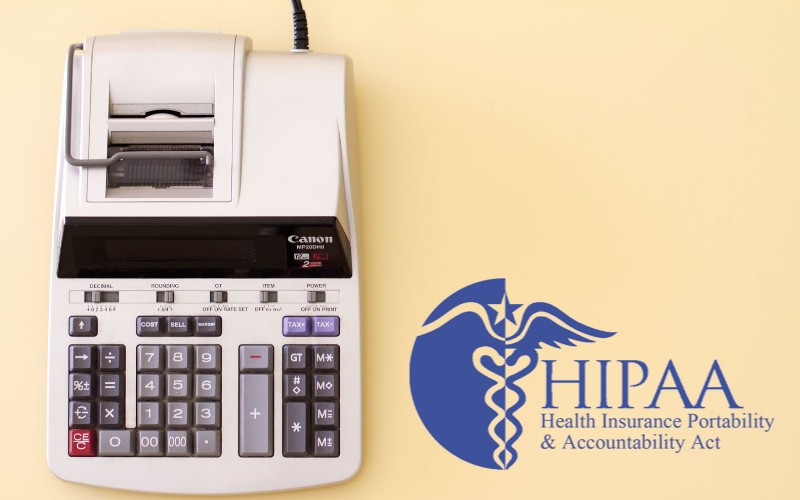HIPAA Compliant Medical Billing Software

Medical billing software can help your practice run more efficiently. But not all software is created equally, and therefore you must assess the software’s HIPAA compliance before implementing it in your practice. To provide you with guidance on how to choose the right medical billing software, HIPAA compliant medical billing software is discussed.
HIPAA Compliant Medical Billing Software: Security Features
HIPAA requires the confidentiality, integrity, and availability of protected health information (PHI). As such, there must be security measures in place to safeguard it.
For HIPAA compliant medical billing software organizations should look for the following:
- Encryption. The best way to secure data is through encryption. Encryption masks sensitive data by turning it into a format that can only be read by authorized individuals possessing a decryption key.
- Transmission Security. This provides an additional layer of security with end-to-end encryption (E2EE). E2EE secures data at rest (data stored in the medical billing software) and data in transit (data being sent through the medical billing software).
- User Authentication. This ensures that users are who they appear to be through the use of unique login credentials. HIPAA compliant medical billing software should have a means for organizations to provide unique login credentials for each user. Although not required for HIPAA compliance, multi factor authentication (MFA) is a form of user authentication that provides increased security. MFA requires users to input multiple login credentials to access data such as a username and password in combination with security questions or a one-time PIN.
- Access Controls. Through the use of unique login credentials, organizations should only grant access to the components of the medical billing software that employees require access to to complete their job functions. This HIPAA requirement is known as the minimum necessary standard.
- Audit Controls. HIPAA requires PHI access to be tracked to ensure adherence to the minimum necessary standard, and facilitate the quick detection of breaches. Keeping an audit log allows organizations to establish regular access patterns to PHI for each employee. This enables administrators to detect when PHI is being accessed outside the norm. HIPAA compliant medical billing software enables organizations to track data that is being accessed through the platform.
- Data Backup. To protect data in the event of a breach or natural disaster, it is important that medical billing software implements offsite data backup. Data backup allows data to be restored quickly when the original copies are damaged or stolen.
HIPAA Compliant Medical Billing Software: Business Associate Agreements
Under HIPAA, medical billing software providers are considered business associates. As a business associate, the medical billing software providers must be willing to sign business associate agreements (BAAs) with their clients to be considered HIPAA compliant. A BAA is a legal document that dictates the security measures that the medical billing software provider is required to have in place. A BAA also requires each signing party to be responsible for maintaining their HIPAA compliance.
Using Your Medical Billing Software in a HIPAA Compliant Manner
Even when using HIPAA compliant medical billing software, HIPAA compliance comes down to how it is used by the end user.
Policies and Procedures. Dictates the proper use and disclosures of PHI within the medical billing software.
Employee Training. To ensure that employees utilize the software properly, they must be trained on its proper use.



